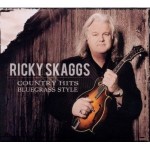 By Terry Roland
By Terry Roland
– Ricky Skaggs has made several critical transitions in both his musical and spiritual lives. Although few can argue with his success, there have been some detours and U-turns along the way. This is one of the many things that make Ricky Skaggs such a compelling and enduring figure in American music. As a carrier of the ‘80s and ‘90s ‘new traditionalists’ label in country music, he was once given the Country Music Association’s Entertainer of the Year award.
He’s also won multiple Grammy awards over the years, no small accomplishment for a popular country artist who devoted himself to artistic integrity while piling up country hits like Guy Clark’s “Heart Broke.” In the mid-‘90s, he returned to his bluegrass roots in response to his own spiritual calling and in order to help carry on the legacy of bluegrass music created by his friend and mentor, Bill Monroe. Ricky has established his own family record label and become one of the elder statesmen of the genre. In this interview, he gives honest insight into the motivation behind his career decisions and how his own spiritual commitment and love of good and authentic music has given his career direction and depth.
TR: So you just finished a tribute album for Linda McCartney?
RS: Yes. The track came out good … The album was about all done and I got a call the last minute. They needed an extra track and somebody said, ‘Let’s get Ricky.’ I had just lost my sister to cancer. It was such a God thing. You know, you get a wink from God from time to time. She’d just died on the 12th of September. They called the next week for the track. We went into the studio. What you hear in that song is just the joy. It’s my heart being joyous for my sister. These were God moments. It was really healing for me. Hopefully it will raise some awareness about cancer.
TR: Tell me about the new Christmas album.
RS: It’s a continuation of the first one. During our first year out doing Christmas shows, the kids were much younger. It was 2004. We were doing home family projects. We liked to just sit around doing holiday songs. I grew up in Kentucky and my mom would sing all the time. We felt like we could do a good record if we had the chance to get in the studio.
During early 2004, we were doing shows with the Chieftains. My band was in a separate bus. The kids were with us. Sharon and the kids. The next day in Virginia, we got a call that my bus had caught on fire. We had to send another bus to pick up the band and they were going to be late. A friend of mine, Jeffrey Taylor, an accordion player, Penny Whistle, me, Aaron, Molly and Luke were at the show. We panicked and figured we had to do some kind of show until the band got there. Molly played the claw hammer banjo. We put together a 30-minute set. Molly played and I sang and the time just breezed by. We told the crowd what was happening so they were on our side from the first time out. What they were seeing was our living room. We didn’t even do Christmas songs that time, just gospel. My agent Bobby was at the show and he mentioned “If you could do Christmas music, I could book that.” So it all started with us catching fire going to Atlanta.
TR: A couple of decades, ago you were one of the leaders of the New Traditionalist movement when country radio was actually playing some pretty fine music. You were given the Entertainer of the Year award by the CMA and then, you turned your back on the whole scene and went back to your roots. What happened?
RS: You’re talking about 1995. I don’t know what happened. It was an accumulation of a few things. New York wanted me to do more pop-influenced records. Walter got me on the phone and said “I know you love country and bluegrass, but we got to get you doing some pop records.” I said I’d love to do that as long as it’s the kind of music that gets people to cross over to us, not us to them. But it wasn’t going to work that way.
I realized it would be really hard for me to do something that’s not in keeping with my ear. Rick Blackburn had been behind me there at Sony. But he left and there was a new head of music. So things changed. Also, well, it was a lot of things. I’ve got my faith and convictions. My oldest son was shot when a driver fired a gun into his car. He was okay, but my faith really kept me grounded.
The media would ask ‘What’s up with you?’ and they’d ask me about my faith. They knew the right questions to ask. The label would get annoyed and I’d tell them, “Tell the interviewers not to ask me these questions.” You know, you either believe in Christ or not. I can’t ride the fence. I have to be true to myself and to God, and I’ve got to tell the truth. I was being honest and truthful about my faith.
In 1996. Mr. Monroe and my dad both passed away. Country music was becoming a big circus, just a tent show. It was just not ever me. I was never tempted to be that kind of entertainer. I knew I wasn’t going to last in a situation where there was that kind of expectation.
What I really always wanted to was be a concert artist, put on a good show just for the music. I chose, after Mr. Monroe passed away, to try to help fill the void of leadership in bluegrass. I wanted to take my place at the table of this business. I wanted to try to raise up younger kids in the music. I got Del McCoury signed on my label. He did three albums with us. I did the same with Jerry Holmes and Blue Highway. We’ve had quite a few artists on the label. That’s why I wanted to go back to my roots. I did a solo record of songs my dad loved. It was really a tribute album. He always played good music for me.
You know, there were all of these people like Mr. Monroe and Flatt and Scruggs who I had close intimate friendships with. The Bible says ‘Honor the elders and give them their due.’ That’s what I wanted to do. My dad always had these guys in front of me who were 75 and 80-years-old in the mountains of Kentucky. I’d be sitting there with great fiddlers like Doc Holcomb in eastern Kentucky. That old mountain music I love so much. I even brought it into the studio with Bruce Hornsby.
TR: That’s right; you did an album with Bruce Hornsby.
RS: Yeah. Bruce just loved the old Kentucky mountain music. We had not really put anything together for that record when we met in the studio. People were asking us to come up with some kind of ‘80s Firefall sound. I asked Bruce, ‘Ever hear of Roscoe Holcomb? He smacked the table and said “That’s what interests me, that’s what I want! ” I wish Bruce would’ve been on Sony. It took more money to go through all of the lawyers and red tape than he and I made on the whole record.
TR: We’ve talked a lot about spirituality. Can you tell me your thoughts on spirituality and creativity?
RS: Well, I have to go back to realizing God is the creator of all gifts. I believe music is part of God’s creation and his nature. Being a Christian and believing in a loving God, I have passion in my heart for God. Christ paid a price I couldn’t pay; he took my sinful nature from me on the cross. Music is a way to express that love to people who don’t know God. I realize what people love is God in me and they don’t even know it’s him. When I’m putting a record together I pray and ask God to play me like an instrument, for that to come through the record, the mandolin or the fiddle. If he lives in my heart, his presence will come out of me either through my hands or my mouth. I just need to be very open and conscious of his presence in the music.
I did a record with Gordon Kennedy called Mosaic. The quality of the songwriting is off the scales. It’s really more pop than anything I’ve ever done, but I felt I had to get out of my boat of safety, out of the security of the bluegrass boat. It’s almost like old Beatles. It’s both acoustic and electric. I think it’s the most important record I’ve ever done. I’ve never done a record where people would call and order 100 copies just to give away to family and friends.
TR: Well, Ricky. I appreciate so much the interview. I look forward to seeing you when you come to California!
RS: Yes. Thank you!
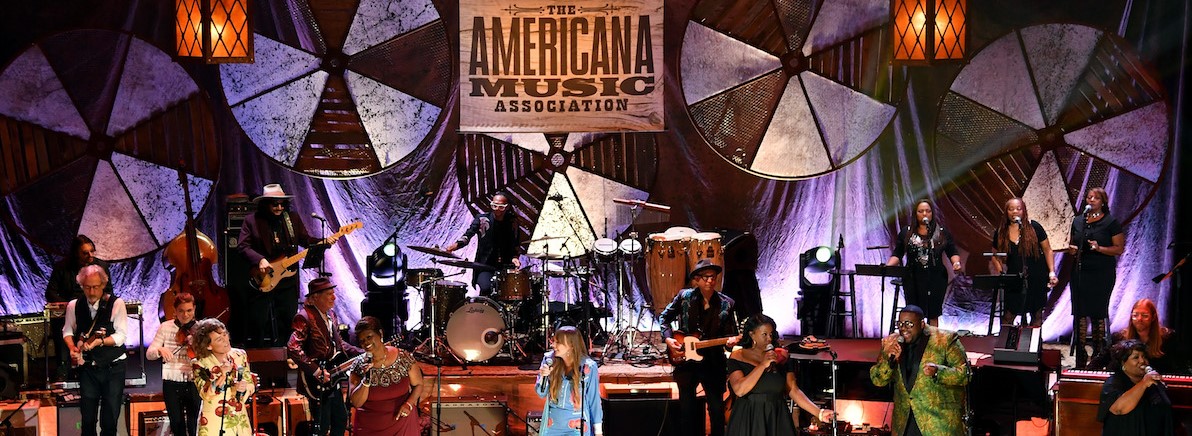
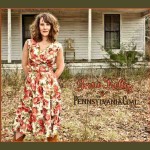
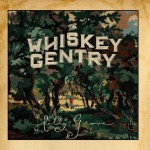
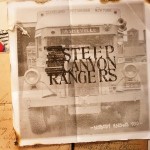
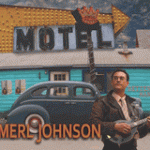 By Joe Ross
By Joe Ross 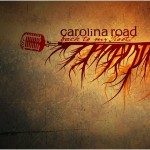 By Joe Ross
By Joe Ross By Terry Roland
By Terry Roland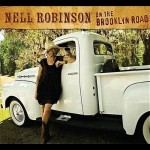 You have to love Nell Robinson’s story. From a booklet accompanying her new CD “On the Brooklyn Road: “So I just turned 50 and one of my good friends characterized my new-found devotion to music as a midlife crisis. I sang by myself in my car for 30 years and ventured out to sing in public at age 45. All I can say is, if you have music in your soul, bring it out. It has changed my life.”
You have to love Nell Robinson’s story. From a booklet accompanying her new CD “On the Brooklyn Road: “So I just turned 50 and one of my good friends characterized my new-found devotion to music as a midlife crisis. I sang by myself in my car for 30 years and ventured out to sing in public at age 45. All I can say is, if you have music in your soul, bring it out. It has changed my life.”